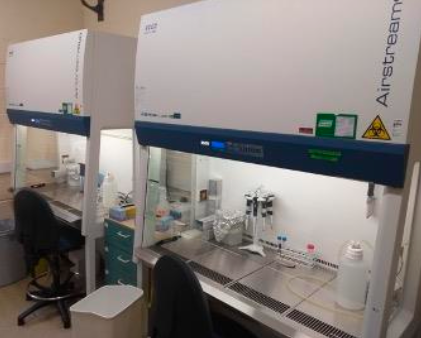Chartwell funds clinical research to transform cancer and leukaemia care
 Funding clinical research has been a long-standing commitment of The Chartwell Cancer Trust – aware that investment in this field can have some of the most profound, change-making benefits for oncology communities through the development of innovative new therapies and services.
Funding clinical research has been a long-standing commitment of The Chartwell Cancer Trust – aware that investment in this field can have some of the most profound, change-making benefits for oncology communities through the development of innovative new therapies and services.
We have collaborated with King’s College Hospital around research development since 2018 when we responded to an appeal by Dr Shireen Kassam, Consultant Haematologist at King’s College Hospital to fund clinical research into the treatment of primary central nervous system lymphoma. Our funding enabled the expansion of a critical Brain Donation Programme in support of the work
We went on to extend our support further by raising funds to procure specialist equipment to enable a pioneering gene-editing cancer research project to go ahead. Since 2019, the new gene-editing research lab has gone from strength to strength. Led by Professor John Strouboulis, Chair in Molecular Erythropoiesis at the School of Cancer & Pharmaceutical Sciences Faculty of Life Services & Medicine, the lab is now used for training clinicians and early career scientists – which will deliver huge benefits to scientific research long into the future
Funding at King’s College London
Based on these successes, we are proud to announce that we have recently agreed to build on our support for the lab and will be fundraising for a critical experiment related to Paediatric Haematological diseases, Diamond-Blackfan Anemia and Down Syndrome-associated leukaemia to lead to a better understanding, improved diagnosis and treatments.
Funding at the Princess Royal University Hospital
We have also confirmed our fundraising effort for an in-depth two-year research project at the Princess Royal University Hospital led by Consultant Haematologist Dr Stella Bowcock. This new research project will be dedicated to improving the lives of those with spinal disease in myeloma working closely with patients to assess needs and gaps in provision with the aim of equipping practitioners with a better understanding of how to treat and care for patients and to develop new, enhanced services. Findings will go on to inform and underpin all future research into the condition.
As ever, we are hugely grateful to all our supporters to allow us to continue honouring and extending our support in the field of research, which has vast potential to improve the lives and outcomes of millions of people for many years to come
